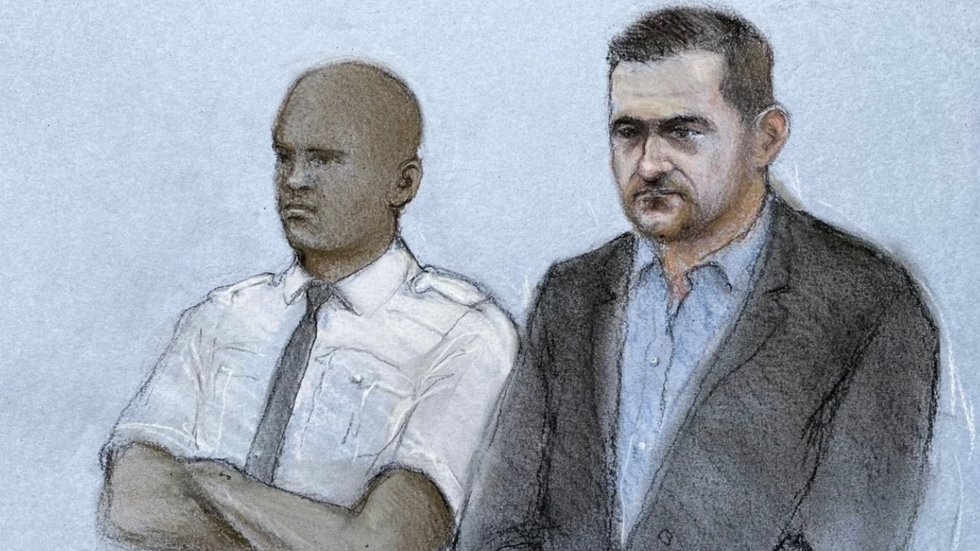Tommy Robinson, a controversial British right-wing activist and filmmaker, has been sentenced to 18 months in prison by a British judge for violating a libel injunction. The case stems from Robinson’s past claims regarding a Syrian refugee which he published in a documentary that sparked significant public outcry. In 2018, Robinson suggested on social media that a Syrian student attacked at a Yorkshire secondary school had a violent history with female students. The student, feeling aggrieved, sought legal redress and won a libel case against Robinson, who was ordered to pay £100,000 in damages and instructed not to repeat these claims. However, Robinson, whose real name is Stephen Yaxley-Lennon, consistently defied the court order, insisting he possessed evidence to support his assertions. His defiance culminated in the broadcast of a documentary containing the contested claims during a demonstration in London.
During the sentencing hearing at Woolwich Crown Court, Justice Johnson emphasized the importance of adhering to court orders, stating that no one is above the law, regardless of their personal beliefs or views about the injunctions issued against them. He conveyed to Robinson the necessity of complying with the legal system in a democratic society, reinforcing that both individuals and public figures must respect legal rulings. The court’s stance reflects a commitment to uphold the rule of law and the integrity of civil orders, presenting a clear message that defiance would not be tolerated.
Robinson’s lawyer, Sasha Wass, argued that his motivations were rooted in a desire to expose perceived injustices, claiming that he had evidence suggesting that the school had paid staff to conceal the student’s violent background. Wass contended that Robinson acted in an effort to uphold free speech and draw attention to what he believed was a significant oversight by authorities. Despite these claims, Justice Johnson found Robinson’s actions to be a breach of the court’s orders, leading to the subsequent sentencing. This case raises pressing questions about the intersection of free speech and accountability under the law, with Robinson maintaining that his intent was to reveal the truth rather than to slander an individual.
Following his sentencing, Robinson proclaimed himself a “political prisoner,” asserting that his incarceration serves as an example of governmental suppression of free expression. He likened his experience to that of others facing jail time for expressing controversial viewpoints, particularly referencing a broader climate of intolerance towards certain expressions in the aftermath of societal unrest. Robinson’s claims resonate with a segment of the public that views him as a victim of political persecution rather than the perpetrator of defamation. This narrative has gained traction among his supporters, who rallied in London to protest his sentence, demonstrating the polarizing impact of his activism.
The protest in support of Robinson was met with counter-demonstrations and arrests, highlighting the contentious atmosphere surrounding his personality and actions. Similar to other instances of political activism, Robinson’s case illustrates how public discourse can become charged with emotions and conflicting ideologies. Some view his rhetoric as harmful and incendiary, while others champion it as an essential component of free speech. The disparate reactions underscore the societal divisions regarding freedom of expression, especially in cases where that expression may harm others or perpetuate misinformation.
Ultimately, Robinson’s sentence and the subsequent reactions reveal significant societal tensions concerning justice, accountability, and the limits of free speech. As the legal system continues to navigate these complexities, Robinson’s situation may serve as a critical case study for future discourse on the balance between individual rights and the collective responsibility to protect individuals from harm. The outcome of this case raises broader questions about how societies determine the boundaries of permissible speech and the consequences for those who choose to defy established legal limitations. The situation exemplifies the ongoing struggle to align legal frameworks with evolving societal values, particularly in a landscape rife with polarization and conflict.

